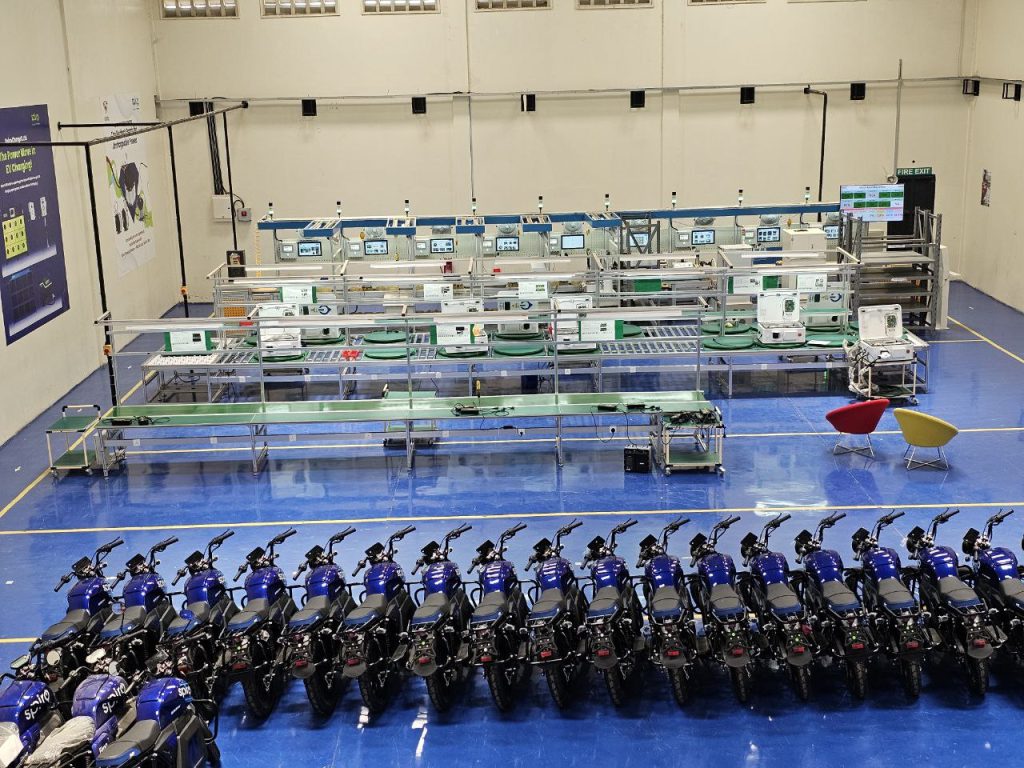Despite Heritage Bank’s struggles dating back to 2018, Nigeria’s Central only revoked its licence last week, prompting questions on why the decision took so long.
According to a financial analyst who asked not to be named so he could speak freely, administrative bottlenecks may have contributed to the delays, with the CBN needing to identify distress, conduct examinations, and appoint a liquidator. “The process could take up to 24 months,” that person said.
Additionally, an ill-timed revocation of Heritage Bank’s licence might have triggered a bank run on other banks, causing depositors to attempt to withdraw their money en masse and driving panic.
“The failure of one bank can lead to a loss of confidence in the entire banking sector,” said Ayoola Kosoko, a financial analyst.
The revocation of Heritage’s licence coincides with a CBN requirement for major banks to increase their minimum capital requirement at least fifty-fold. With a ₦1 trillion deficit in its capital base—equity, reserves, and accumulated earnings—the struggling lender would never have met those requirements.
Although the CBN attempted to salvage the bank, it concluded that there was “no reasonable prospects of recovery.”
Heritage Bank’s struggles stemmed from a high volume of non-performing loans. Internal documents revealed that a staggering ₦490 billion of non-performing loans likely stemmed from risky lending practices and questionable corporate governance.
The Asset Management Corporation of Nigeria (AMCON), an agency created in 2010 to absorb the liabilities of struggling banks and save a financial system determined to be at risk, has also run into problems. While AMCON was supposed to be a short-term solution, it now has unrecovered liabilities totaling ₦5 trillion, with the banking committee of the Nigerian Senate arguing that it must be scrapped.
AMCON’s current problems could have narrowed down the CBN’s options. For instance, when Skye Bank’s licence was revoked in 2016, it was acquired and run by AMCON before being sold to new investors.
Without a resort to AMCON, several unconfirmed reports claimed that the regulator had tried to arrange an acquisition.
However, many banks have learned that acquiring distressed companies can be more trouble than it’s worth.
Heritage Bank’s ₦56 billion acquisition of Enterprise Bank in 2014, for instance, was considered a major misstep. Access Bank’s acquisition of Intercontinental Bank in 2012 was similarly complicated. Beyond due diligence and disclosures, distressed banks often have problems that can never be seen from the outside by the acquiring party.
“An acquisition must have been unsustainable because the hole was too big to be filled,” said a financial analyst who asked not to be identified so he could speak freely.
Ultimately, the revocation of Heritage Bank’s licence signals to the financial sector that underperforming banks will not receive any soft landing from AMCON and while the CBN has denied that two other banks will have their licences revoked, there are still clear question marks around some financial institutions.




















